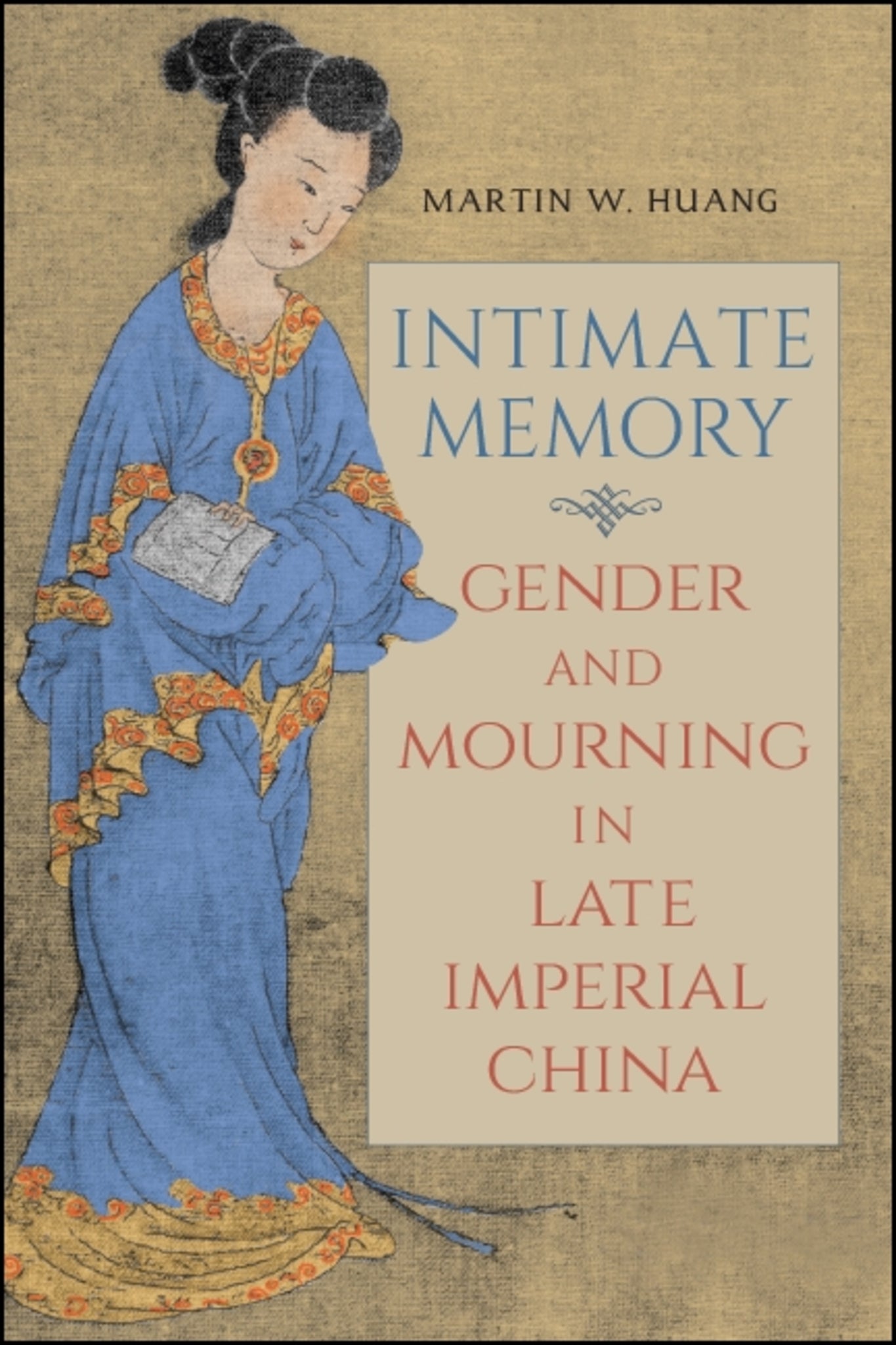We're sorry. An error has occurred
Please cancel or retry.
Intimate Memory

Some error occured while loading the Quick View. Please close the Quick View and try reloading the page.
Couldn't load pickup availability
- Format:
-
01 April 2018

Sheds new light on pre-modern Chinese gender relationships in the context of marriage, male Confucian literati self-presentation, and social networks.
In the first study of its kind about the role played by intimate memory in the mourning literature of late imperial China, Martin W. Huang focuses on the question of how men mourned and wrote about women to whom they were closely related. Drawing upon memoirs, epitaphs, biographies, litanies, and elegiac poems, Huang explores issues such as how intimacy shaped the ways in which bereaved male authors conceived of womanhood and how such conceptualizations were inevitably also acts of self-reflection about themselves as men. Their memorial writings reveal complicated self-images as husbands, brothers, sons, and educated Confucian males, while their representations of women are much more complex and diverse than the representations we find in more public genres such as Confucian female exemplar biographies.


"This book is a welcome addition to the literature on mourning in late imperial China." — Monumenta Serica
"…the works Huang describes offer us invaluable glimpses of the domestic lives of elite officials in late imperial China." — CHOICE
Acknowledgments
Introduction
1. The Secularization of Memory
2. Survivor’s Guilt
3. Hagiographical Memory
4. Wounded Manhood
5. Fragments of Anxiety
6. Remembering Concubines
7. Circulating Grief
8. Remembering Sisters
Epilogue: A Wife’s Remembrances
Notes
Bibliography
Index



